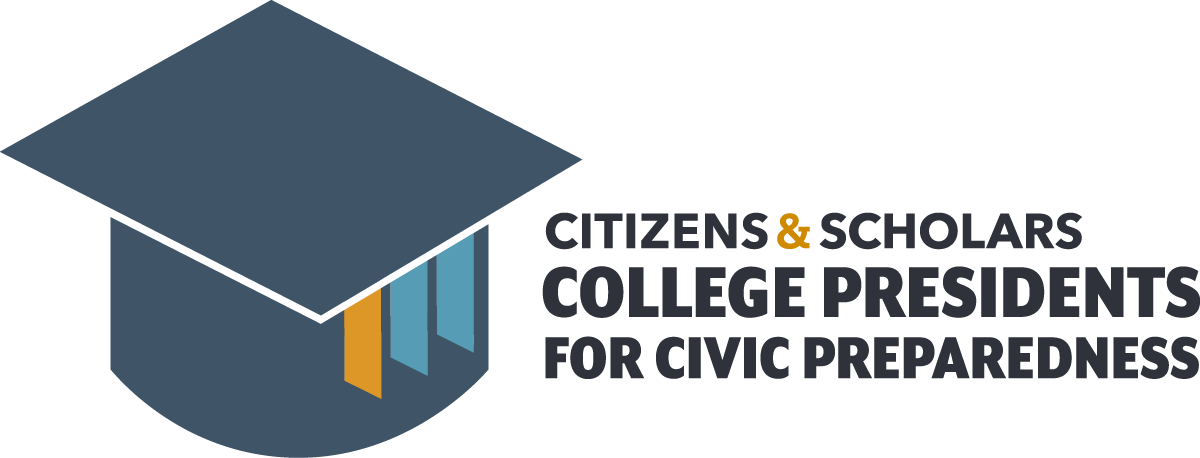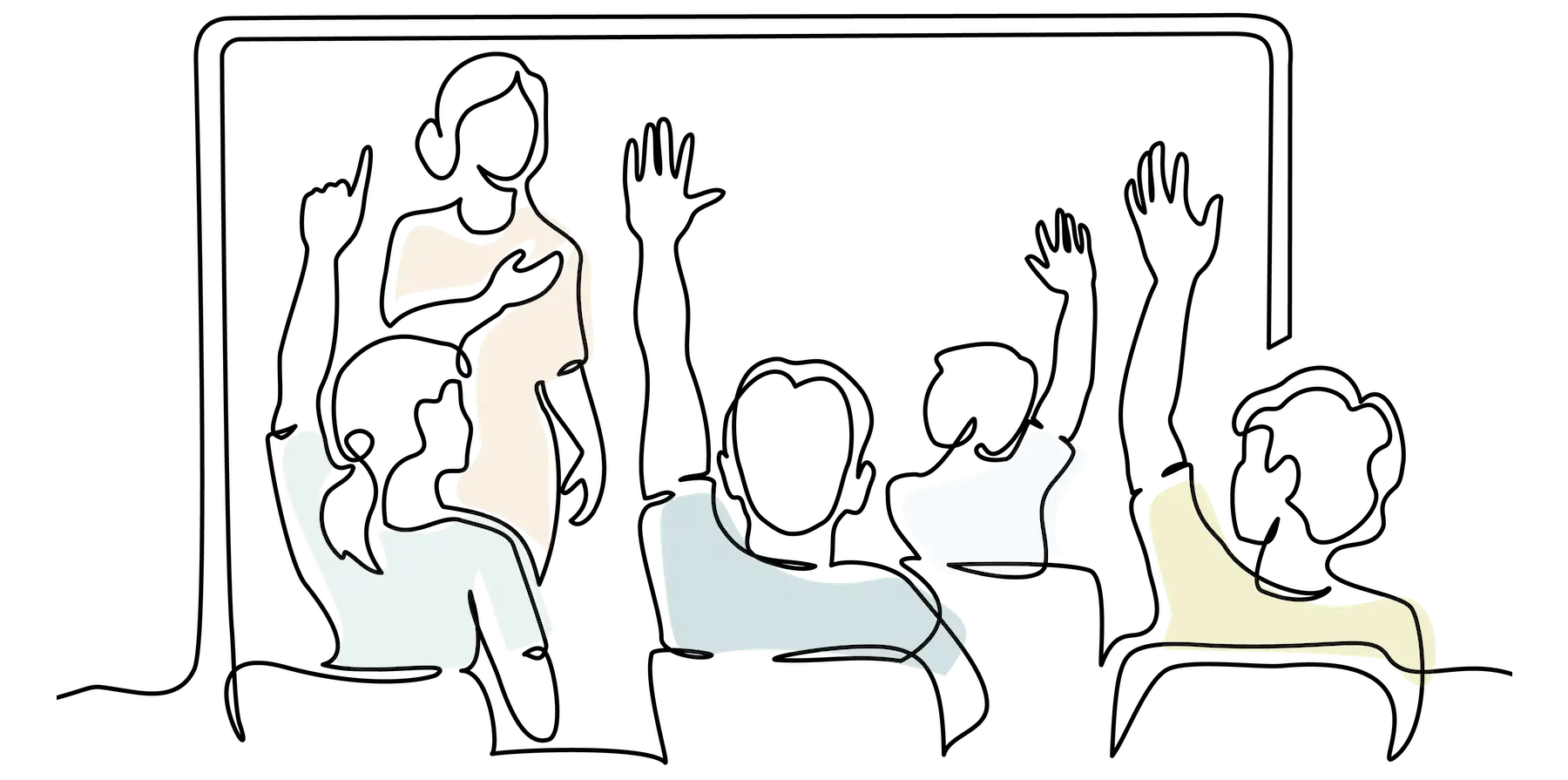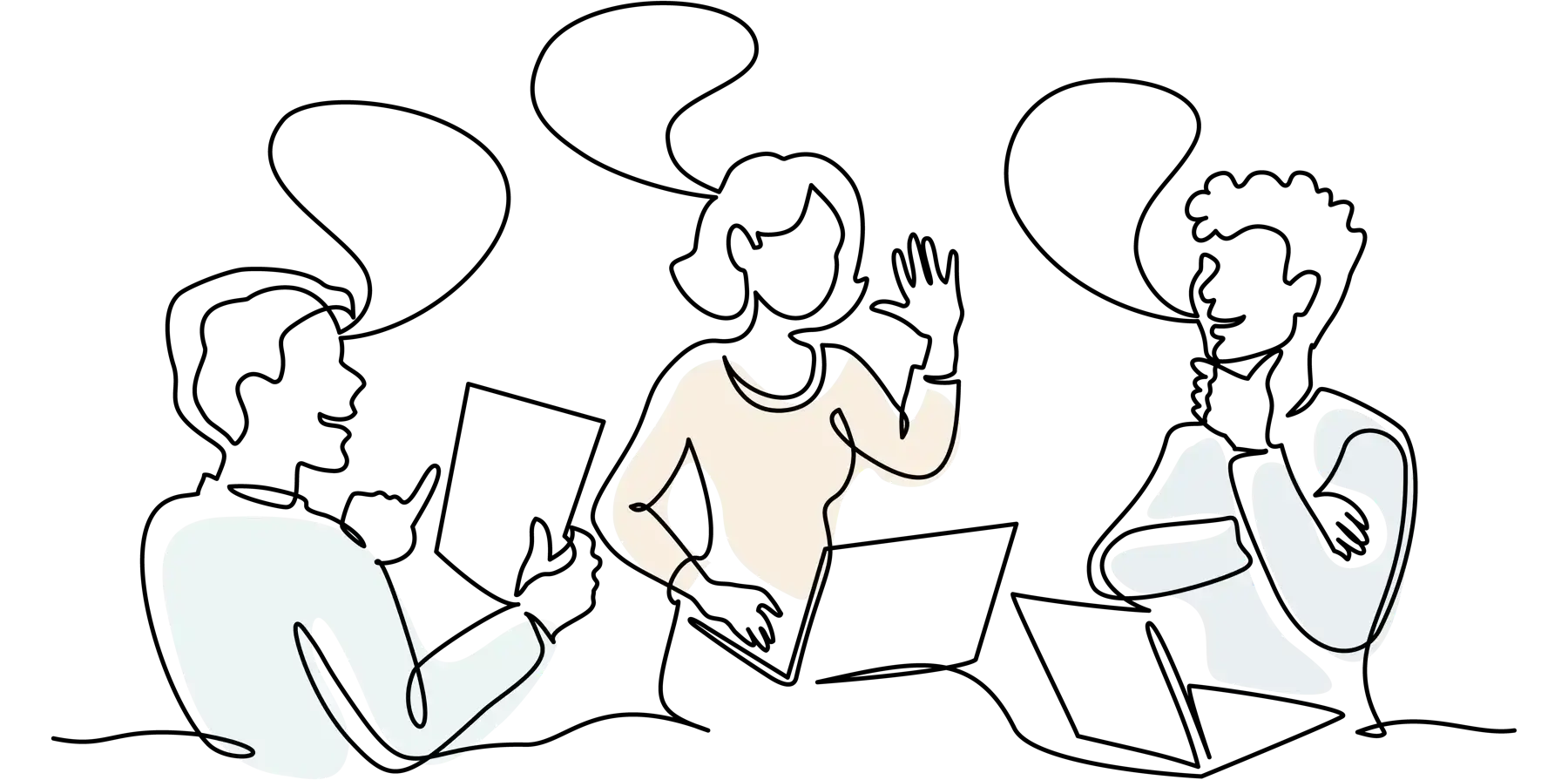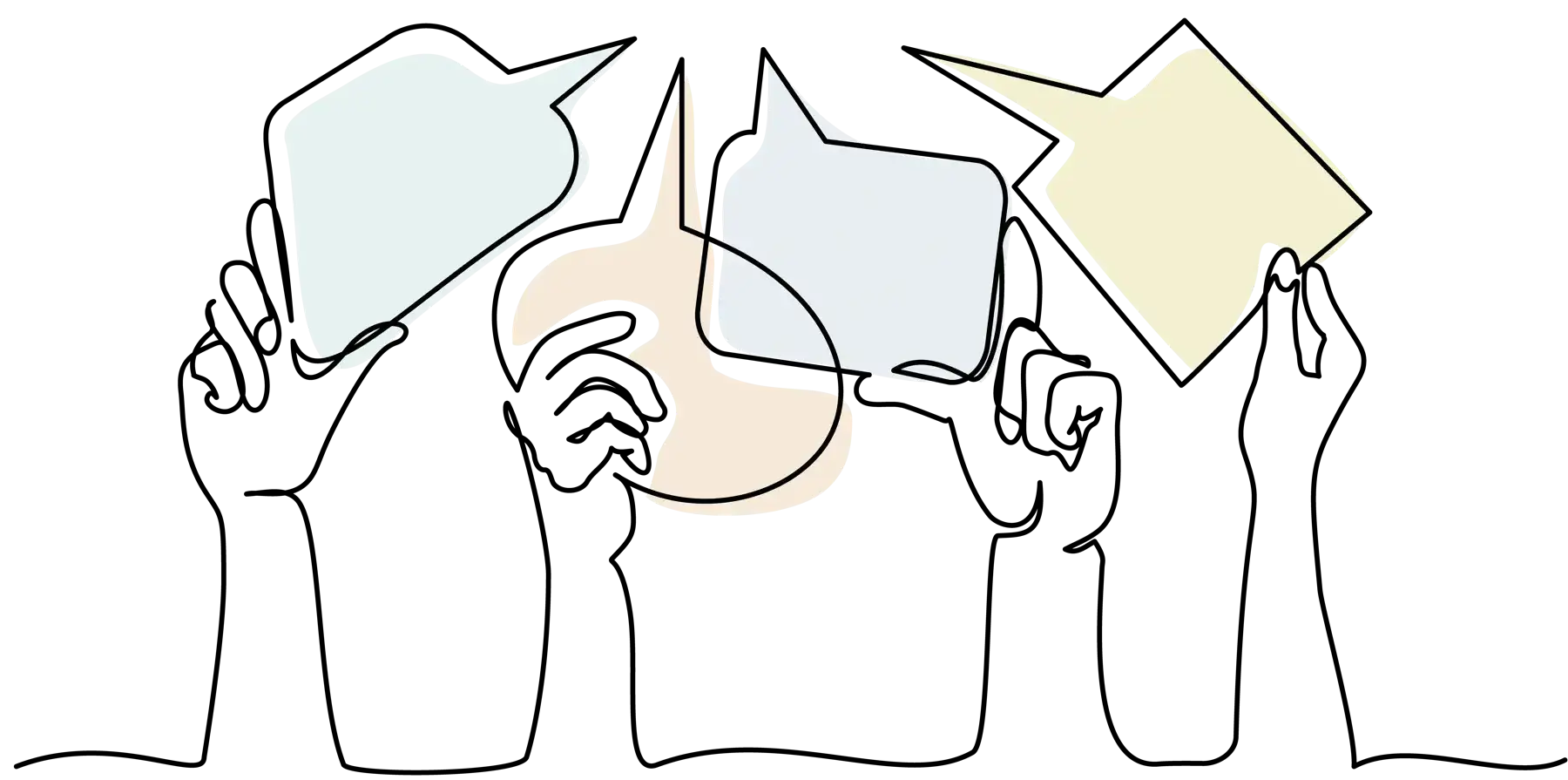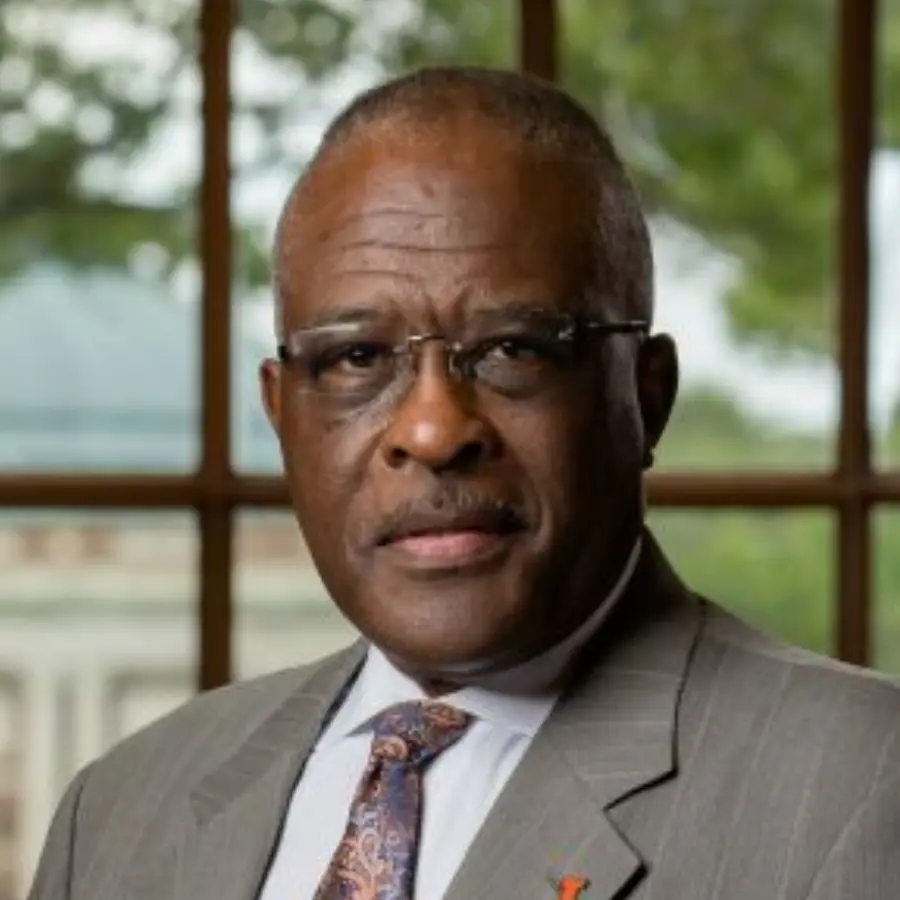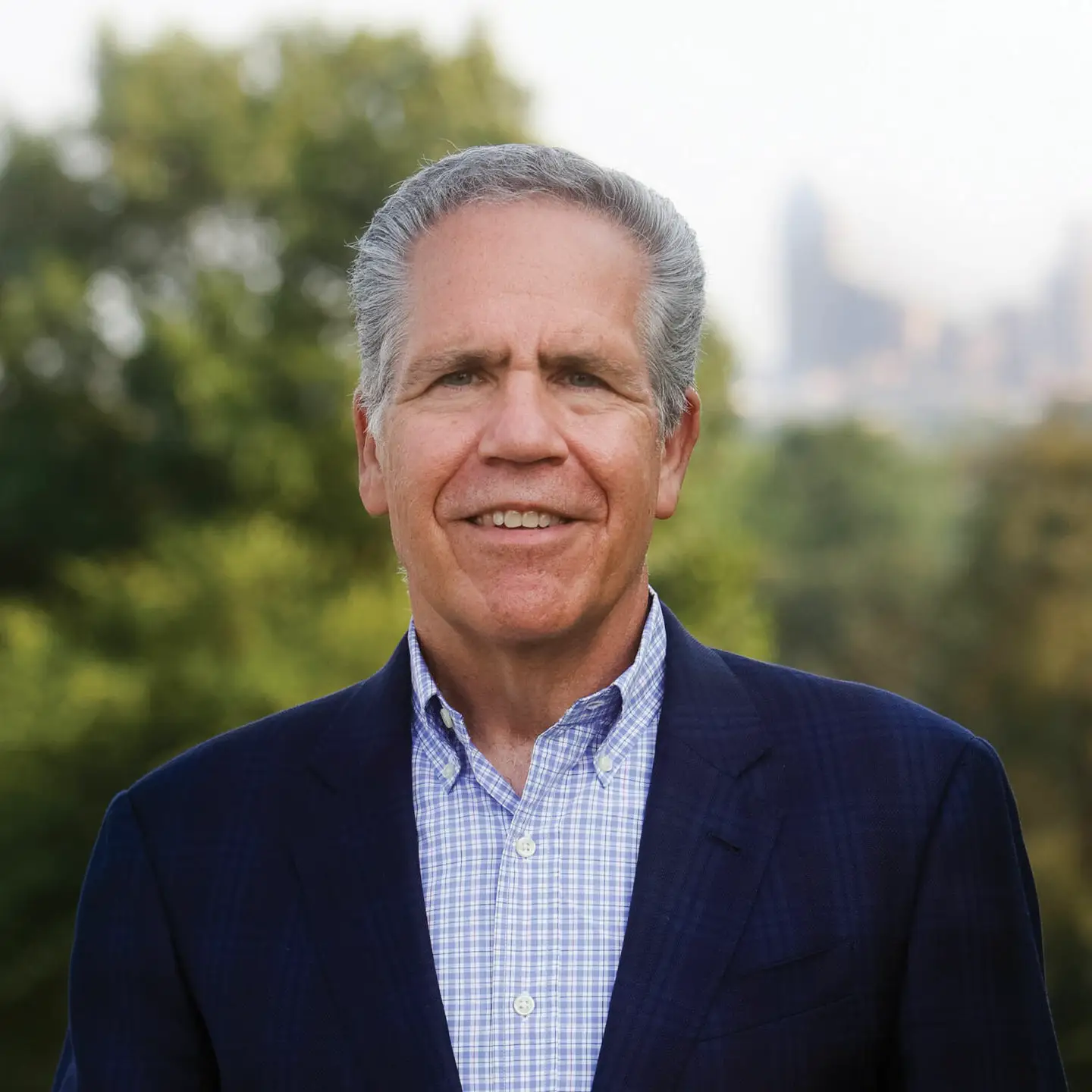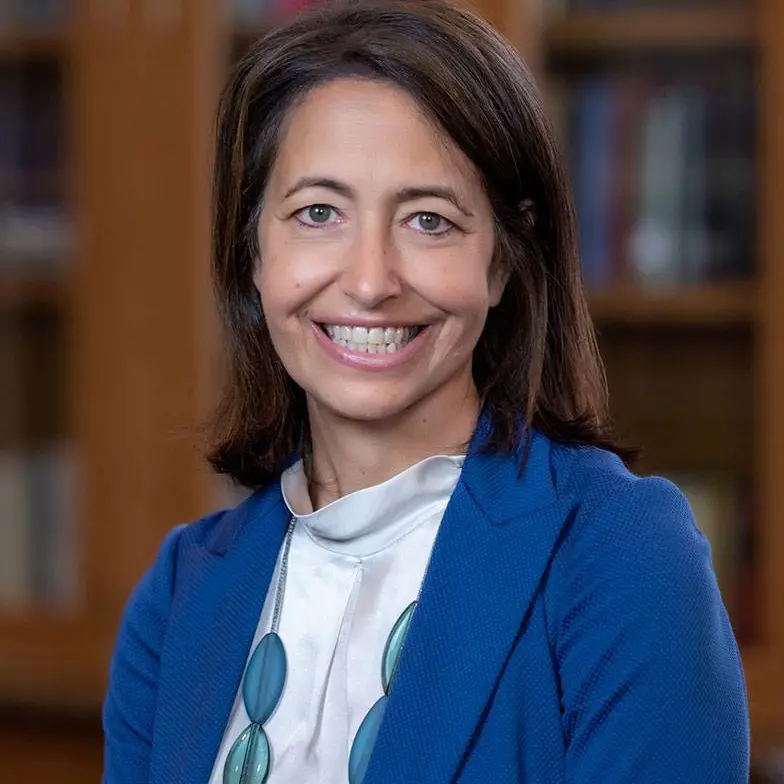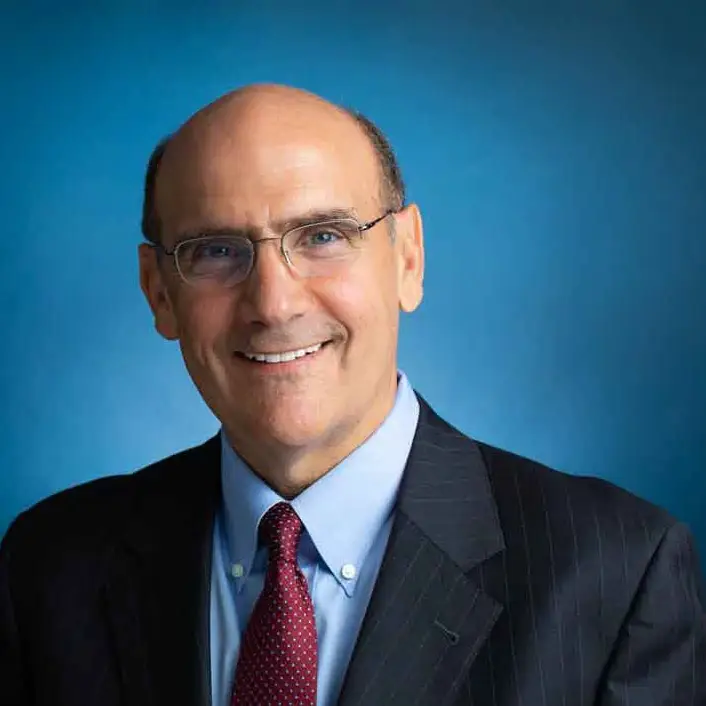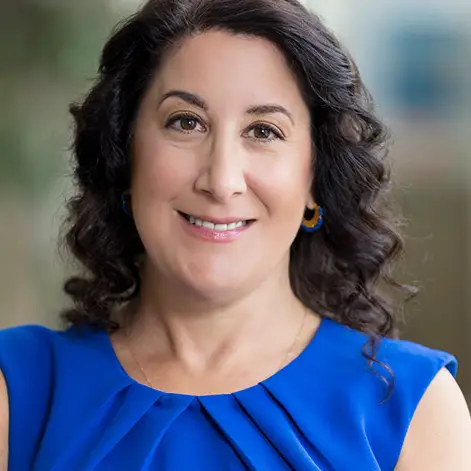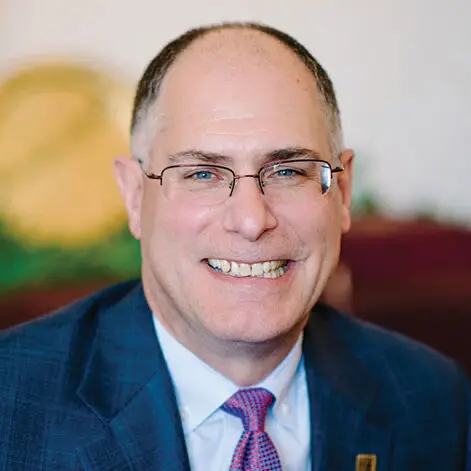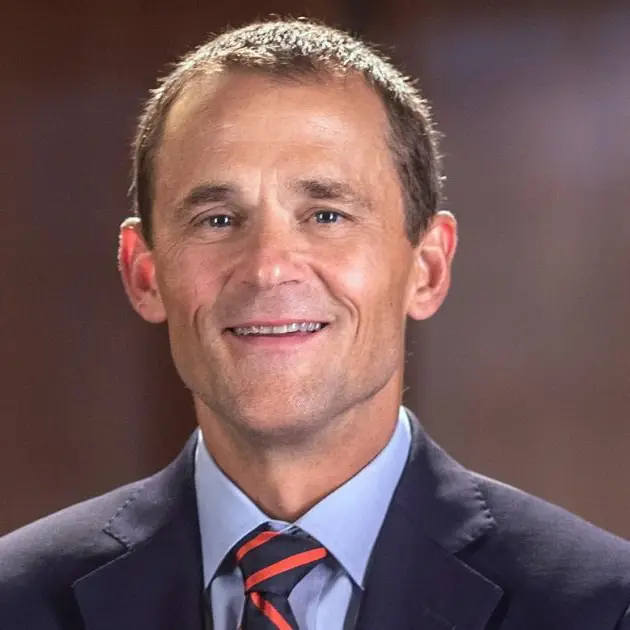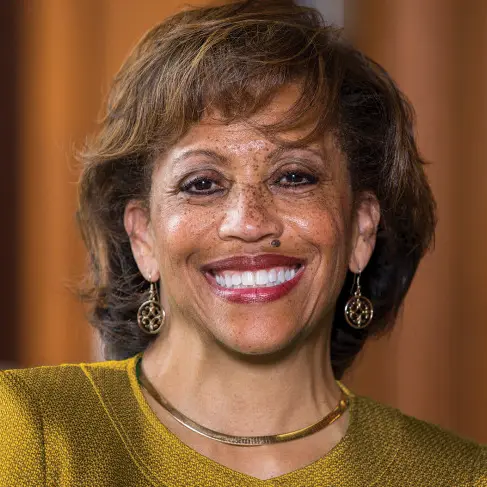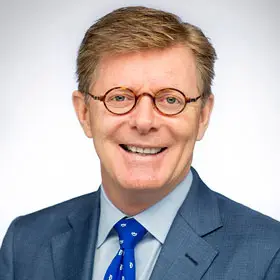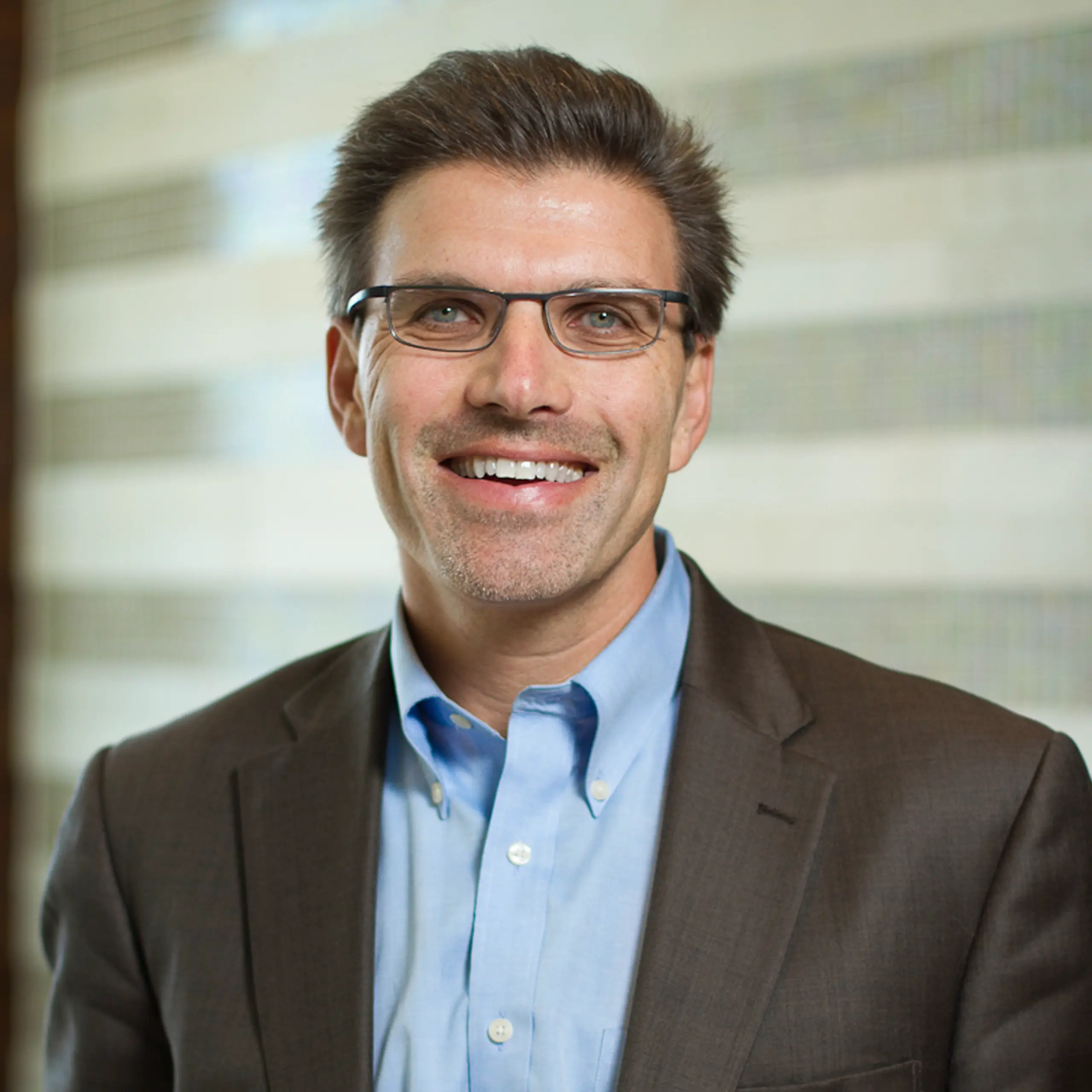A fresh and pragmatic framework for fostering free expression, civil discourse, and civic readiness within higher education.
Co-created by the consortium presidents, the Civic Commitments offer a realistic and reasonable blueprint for advancing American higher education’s role to uphold democratic principles in our rapidly changing era. These commitments move beyond oversimplified debates around free speech versus diversity and inclusion. Instead, they prioritize meaningful engagement with diverse voices and viewpoints, underline the importance of supporting free inquiry for democratic understanding, and recognize diversity as a cornerstone of both American democracy and campus life.
The Civic Commitments
Presidents make the following Civic Commitments to our students, our academic communities, and the democratic society we serve:
Activation and Accountability
Presidents will develop programming on their campuses to advance these civic commitments in keeping with their unique institutional missions. Examples include but are not limited to:
- Creating free expression theme years
- Hosting speaker series that center diverse viewpoints
- Expanding course offerings centered on civic preparedness
- Utilizing orientations for student debates and free expression skills
- Designing student programming around constructive dialogue and civic engagement and learning
- Promoting voter engagement initiatives
- Presidents are also encouraged to highlight the themes of democracy and civic life through speeches and seminars.
